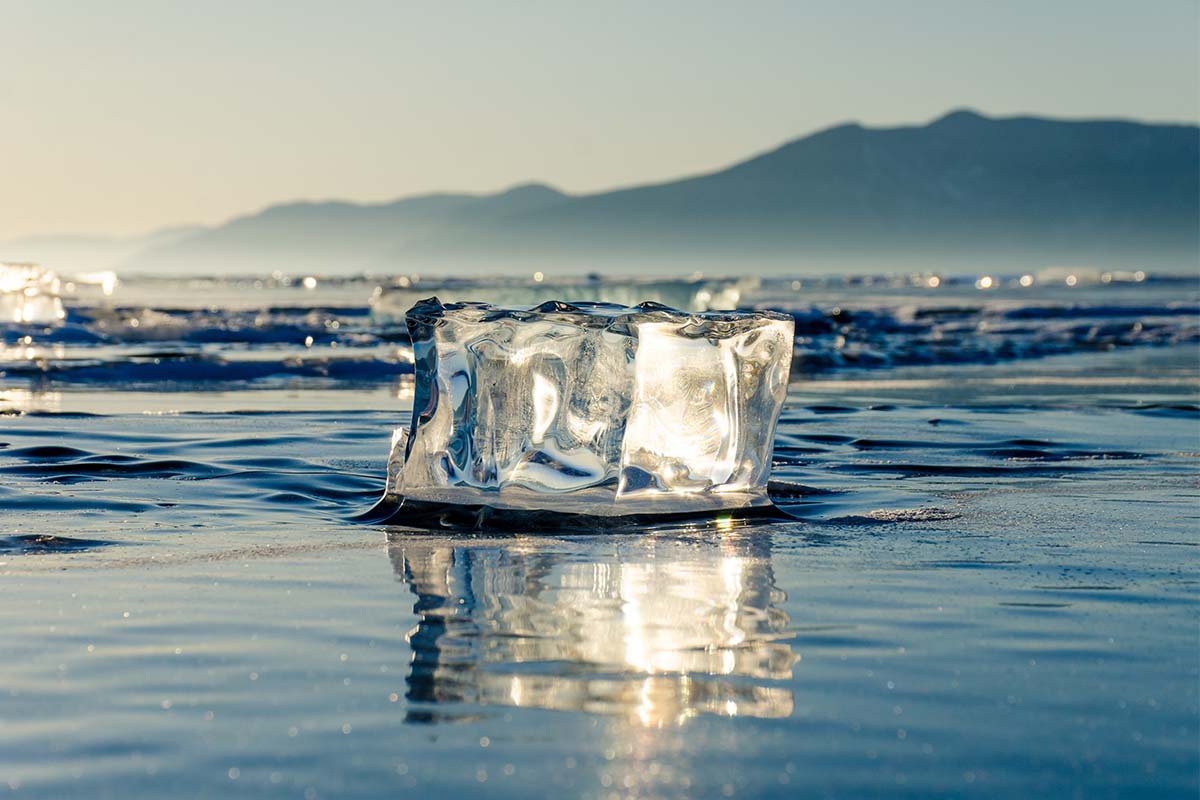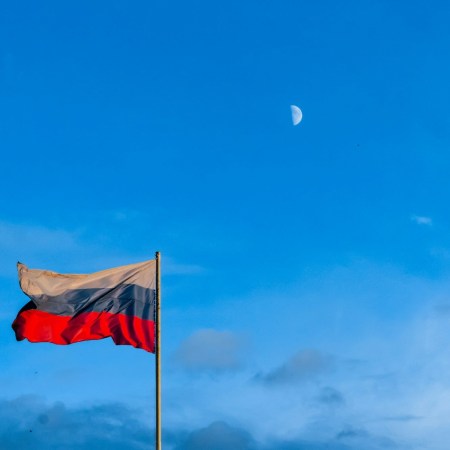The top attraction in Verkhoyansk, Russia is the Pole of Cold District Museum. The exhibit celebrates the town’s inclusion in the “Pole of Cold,” a group of places in the northern and southern hemispheres where the planet’s coldest-ever temperatures have been recorded. Verkhoyansk has regularly posted temperatures at −60.0°F, since scientists began recording the area in the late 19th century. Its record low is an incomprehensible −90.0°F.
Over the weekend, though, Verkhoyansk was in the news for a record high. The Siberian town, with a population of 1,000, recorded a temperature of 100.4°F on Saturday. Once officially verified, it will be the hottest temperature ever recorded north of the Arctic Circle.
Likely the hottest temperature ever recorded in the Arctic happened today-100.4 F- What's happening in Siberia this year is nothing short of remarkable. The kind of weather we expect by 2100, 80 years early.
For perspective Miami has only reached 100 degrees once on record. https://t.co/WDPRmLRD4d— Jeff Berardelli (@WeatherProf) June 20, 2020
Verkhoyansk is actually no stranger to sunny days. The town has the most dramatic temperature variance in the world; it spends its winter and spring months in the -45 to 25°F range, but climbs all the way up to 45 to 75°F for May through September. This is due to its strange, subarctic climate (despite being located firmly in the Arctic Circle), typified by high pressure winds and dense air that cause warming at high altitudes, and very little precipitation.
Still, even an abnormally warm day in Verkhoyansk falls about 20.0°F below the high reached on Saturday. The mark is another sobering reminder of the freak heat wave that has roasted the Arctic all month, and Russia at-large for two months now. Swedish environmental activist Greta Thunberg, who has said repeatedly in recent weeks that the world needs to address climate change with the same urgency it has brought to the COVID-19 pandemic, tweeted out Verkhoyansk’s record, along with a map of high temperatures throughout the Arctic.
According to research by the Copernicus Climate Change Service, last May was Siberia’s hottest month since records began in 1979 — if not for climate change, this sort of temperature deviation would only happen once every 100,000 years. And while it’s awfully tempting to dismiss toasty days in northern Russia as a world away, these developments could have catastrophic consequences. The Arctic region is warming in both the eastern and western hemispheres (hello, Alaska and Canada) and it’s doing so at twice the rate of the rest of the world. This has already led to wildfires, ravaged ecosystems, and in Russia, a massive oil spill, after a storage tank sank due to thawing permafrost.
Subscribe here for our free daily newsletter.
Thanks for reading InsideHook. Sign up for our daily newsletter and be in the know.



















